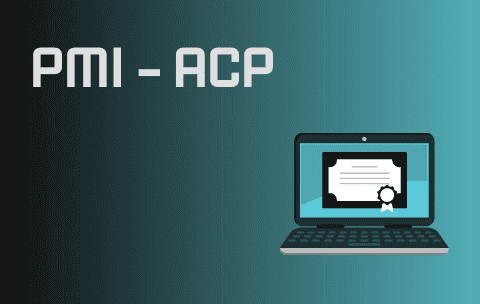All Project Management Courses
PMI PBA Training
Business analysts identify problems and opportunities, elicit information from stakeholders, …
What you'll learn
CompTIA Project+ (Plus) (PK0-004) Training
CompTIA Project+ provides a foundational knowledge base reflecting the most …
What you'll learn
Certified Associate in Project Management (CAPM)® Certification Training
Regardless of your career stage, the Certified Associate in Project …
What you'll learn
Microsoft Project Training
Our Course follows an experiential learning format wherein participants will …
What you'll learn
PRINCE2 Foundation Training
PRINCE2 is universally accepted as a best practice project management …
What you'll learn
PMI Agile Certified Practitioner
An immersive exam-prep course that prepares you for the PMI-ACP …
What you'll learn
Agile Project Management Fundamentals
Agile project management is a project management approach that is …
What you'll learn
Project Management Fundamentals Training
Project management is the essential skill that modern day managers, …










